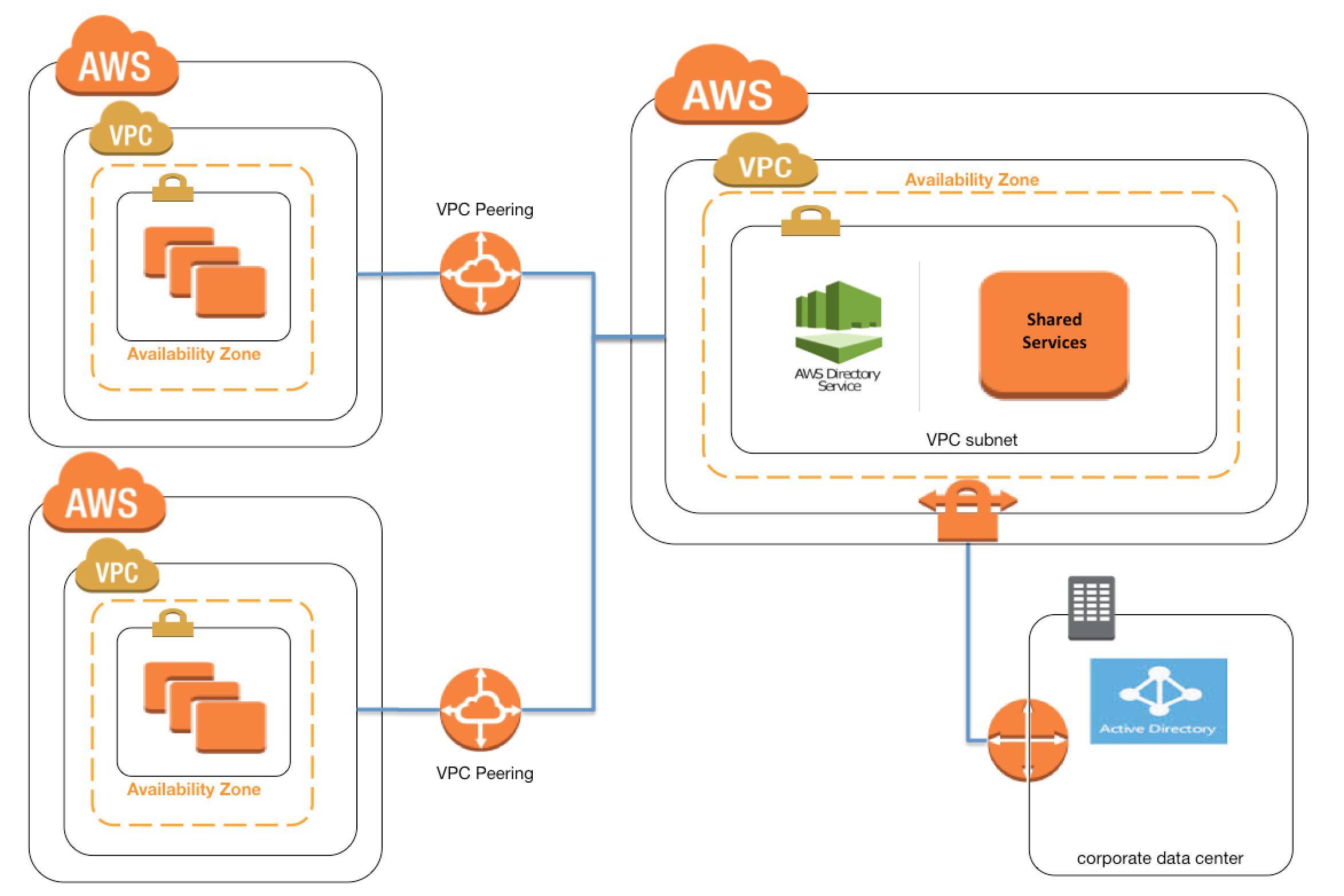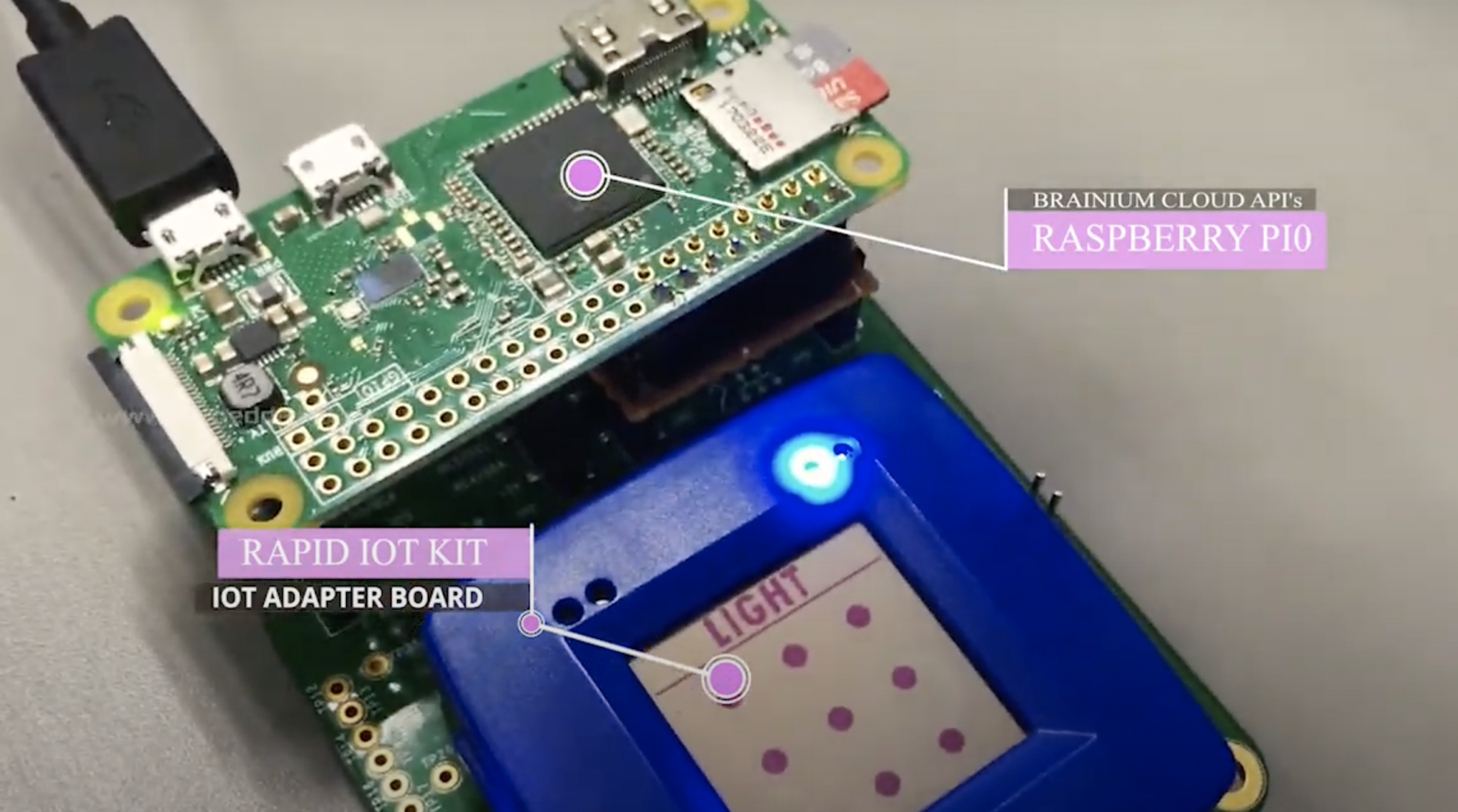Best Remote IoT VPC: The Ultimate Guide To Building A Secure And Scalable Network
Let’s cut to the chase—remote IoT VPC is the talk of the town in today’s tech-driven world. If you’re here, chances are you’re either trying to figure out what it means or you’re already knee-deep in the game and looking for ways to optimize your setup. Either way, you’re in the right place, my friend. Remote IoT VPC is not just some fancy buzzword; it’s a game-changer for businesses and developers alike who want to harness the power of IoT without compromising on security or scalability.
Now, before we dive headfirst into the nitty-gritty, let’s break it down for those who might still be scratching their heads. A Virtual Private Cloud (VPC) is essentially your own private space in the cloud where you can host and manage all your IoT devices and applications securely. It’s like having your own little corner of the internet where only you and your trusted devices are allowed to play. And when you add the "remote" factor, you’re talking about managing everything from anywhere in the world—no matter where you are.
But why does this matter? Well, with more and more devices getting connected every day, the need for a robust and secure infrastructure has never been greater. And that’s where remote IoT VPC comes in. It’s your golden ticket to creating a network that’s not only secure but also scalable enough to grow with your business. So, if you’re ready to take your IoT game to the next level, buckle up—we’re about to take you on a ride through the best practices, tools, and strategies for setting up the ultimate remote IoT VPC.
- Movierulz Puspa The Ultimate Guide To Streaming And Downloading Movies
- Images Of Hair Styles Your Ultimate Guide To Finding The Perfect Hair Inspiration
Table of Contents
- What is Remote IoT VPC?
- Why Remote IoT VPC Matters
- Choosing the Right Provider
- Security Best Practices
- Scalability and Performance
- Tools and Technologies
- Cost Considerations
- Case Studies
- Future Trends
- Final Thoughts
What is Remote IoT VPC?
Alright, let’s get real for a sec. A remote IoT VPC is basically your digital fortress in the cloud. Think of it as a private network that connects all your IoT devices, sensors, and applications in one secure place. But here’s the kicker—it’s remote, which means you don’t have to be physically present to manage it. You can access and control everything from your laptop, tablet, or even your phone. It’s like having a personal assistant who keeps everything in check no matter where you are.
How Does It Work?
The magic happens through a combination of cloud computing, networking, and security protocols. When you set up a remote IoT VPC, you’re essentially creating a virtual environment where your devices can communicate with each other and with your applications. This environment is isolated from the public internet, which means it’s much harder for hackers to break in. Plus, you can configure firewalls, access controls, and other security measures to keep your data safe.
And the best part? You can scale your VPC up or down depending on your needs. Whether you’re running a small home automation system or managing a large-scale industrial IoT deployment, a remote IoT VPC can handle it all.
- Pixie Haircut For Older Women A Fresh And Bold Fashion Statement
- Hair Styles For Senior Women Embrace Your Inner Glow And Confidence
Why Remote IoT VPC Matters
Let’s face it—the world is going wireless, and IoT is leading the charge. But with great power comes great responsibility. As more devices get connected, the risk of cyberattacks and data breaches increases exponentially. That’s where remote IoT VPC shines. It’s not just about connectivity; it’s about security, scalability, and reliability.
Security First
Security is the name of the game when it comes to IoT. With a remote IoT VPC, you can implement advanced security measures like encryption, firewalls, and access controls to protect your data and devices. This is especially important for industries like healthcare, finance, and manufacturing, where even a small breach can have devastating consequences.
Scalability for Growth
As your business grows, so does your IoT infrastructure. A remote IoT VPC allows you to scale your network seamlessly without having to invest in expensive hardware or infrastructure. You can add new devices, applications, and services with just a few clicks, making it the perfect solution for businesses of all sizes.
Choosing the Right Provider
Now that you know why remote IoT VPC is important, let’s talk about how to choose the right provider. Not all cloud providers are created equal, and when it comes to IoT, you need a provider that understands the unique challenges and requirements of the industry.
Key Considerations
- Security features: Look for providers that offer advanced security measures like encryption, firewalls, and access controls.
- Scalability: Make sure the provider can handle your growth without compromising on performance.
- Support: Choose a provider that offers 24/7 support and has a proven track record of reliability.
- Cost: Compare pricing models and make sure you’re getting the best value for your money.
Some of the top providers in the market include AWS IoT Core, Microsoft Azure IoT Hub, and Google Cloud IoT Core. Each of these platforms offers unique features and benefits, so it’s important to do your research and choose the one that best fits your needs.
Security Best Practices
Security is the backbone of any successful IoT deployment. Without it, your entire network is at risk. Here are some best practices to keep your remote IoT VPC secure:
Encrypt Everything
Encryption is your first line of defense against cyberattacks. Make sure all data transmitted between your devices and your VPC is encrypted using strong encryption protocols like AES-256.
Implement Firewalls
Firewalls are like bouncers at a club—they decide who gets in and who stays out. Use firewalls to control access to your VPC and block any unauthorized traffic.
Use Strong Authentication
Authentication is key to ensuring that only authorized devices and users can access your VPC. Use multi-factor authentication (MFA) and strong passwords to protect your network from unauthorized access.
Scalability and Performance
As your IoT deployment grows, so does the demand on your network. That’s why scalability and performance are critical factors to consider when setting up your remote IoT VPC.
Optimize Your Network
Make sure your network is optimized for performance by using load balancers, caching, and other techniques to distribute traffic evenly across your devices and applications.
Monitor and Manage
Regular monitoring and management are essential for maintaining optimal performance. Use tools like AWS CloudWatch or Azure Monitor to keep an eye on your network and address any issues before they become problems.
Tools and Technologies
There are a ton of tools and technologies out there that can help you build and manage your remote IoT VPC. Here are a few of the most popular ones:
AWS IoT Core
AWS IoT Core is a fully managed service that allows you to securely connect and manage billions of devices. It offers features like device management, data processing, and analytics, making it a great choice for large-scale IoT deployments.
Microsoft Azure IoT Hub
Azure IoT Hub is another popular platform for building and managing IoT solutions. It offers features like device management, message routing, and integration with other Azure services, making it a great option for businesses already using Microsoft products.
Google Cloud IoT Core
Google Cloud IoT Core is a powerful platform for building and managing IoT solutions. It offers features like device management, data processing, and machine learning, making it a great choice for businesses looking to leverage AI and analytics.
Cost Considerations
Cost is always a factor when it comes to building and managing a remote IoT VPC. Here are a few things to keep in mind:
Pricing Models
Most cloud providers offer pay-as-you-go pricing models, which means you only pay for what you use. This can be a great way to control costs, especially if you’re just starting out.
Hidden Costs
Be aware of hidden costs like data transfer fees, storage costs, and support fees. Make sure you understand all the costs involved before committing to a provider.
Case Studies
Let’s take a look at a few real-world examples of businesses that have successfully implemented remote IoT VPC solutions:
Smart Agriculture
Agricultural company XYZ used AWS IoT Core to build a remote IoT VPC for managing their smart farming equipment. The result? Increased efficiency, reduced costs, and improved crop yields.
Industrial IoT
Manufacturing company ABC used Microsoft Azure IoT Hub to build a remote IoT VPC for managing their production line. The result? Improved productivity, reduced downtime, and increased profitability.
Future Trends
As technology continues to evolve, so does the world of remote IoT VPC. Here are a few trends to watch out for:
Edge Computing
Edge computing is all about processing data closer to the source, which can significantly reduce latency and improve performance. Expect to see more remote IoT VPC solutions incorporating edge computing in the future.
AI and Machine Learning
AI and machine learning are becoming increasingly important in IoT, allowing businesses to make smarter decisions based on data. Look for more remote IoT VPC solutions integrating AI and machine learning capabilities.
Final Thoughts
Remote IoT VPC is more than just a buzzword—it’s a necessity for businesses looking to harness the power of IoT in a secure and scalable way. By following best practices, choosing the right provider, and leveraging the latest tools and technologies, you can build a network that not only meets your current needs but also grows with your business.
So, what are you waiting for? Take the first step today and start building your own remote IoT VPC. And don’t forget to share your thoughts and experiences in the comments below. Let’s keep the conversation going!
- Neckline Haircuts For Women The Ultimate Guide To Finding Your Perfect Look
- Jane Fonda Short Hair Styles A Celebration Of Iconic Elegance

Remote Iot Vpc Ssh Download Free Mastering On Raspberry Pi For A

Remote IoT VPC Raspberry Pi Free A Comprehensive Guide

Best Remote IoT VPC SSH Raspberry Pi Free The Ultimate Guide